Main concern
The main concern is health problems resulting from internal exposure caused by the consumption of food, particularly seafood.
Health damage from radiation, such as childhood thyroid cancer, heart attacks and increased perinatal mortality in newborns, is not immediately apparent, but has occurred in previous nuclear accidents and it is expected to increase, Tomizuka said.
Hisataka Yamasaki, co-representative of No Nukes Plaza Tokyo, said what he finds most unacceptable about the ocean discharge is "the ease with which the government and TEPCO tell lies".
"They betrayed their promise not to dump nuclear-contaminated water without the consent of the fishing industry. They lied about not having enough land for storage. Moreover, they also largely increased the estimated cost of the ocean discharge and significantly extended the estimated duration," Yamasaki said.
"They have continuously deceived the public and international opinion with convenient explanations. Can they still claim the release of nuclear-contaminated water is safe in the future?"
The Japanese government and TEPCO have repeatedly said the discharge of Fukushima water meets international safety standards. A safety review conducted by the International Atomic Energy Agency had concluded that Japan's plans to release treated water from the Fukushima plant into the sea are consistent with IAEA safety standards.
However, many Japanese citizens said they do not believe such pronouncements. The government and TEPCO, and even the IAEA, have lost the trust of some people.
"Basically, the IAEA makes judgments based solely on TEPCO's measurement data and explanations, and the IAEA neither recommends nor permits the ocean discharge of contaminated water," Yamasaki said.









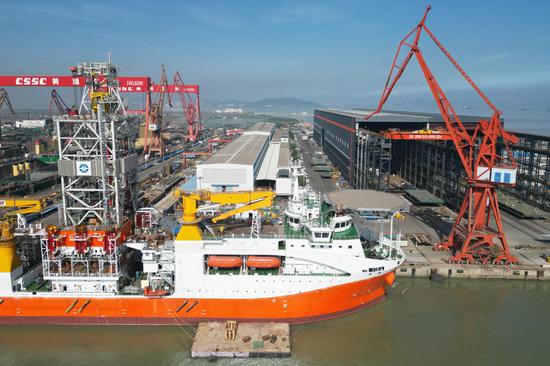

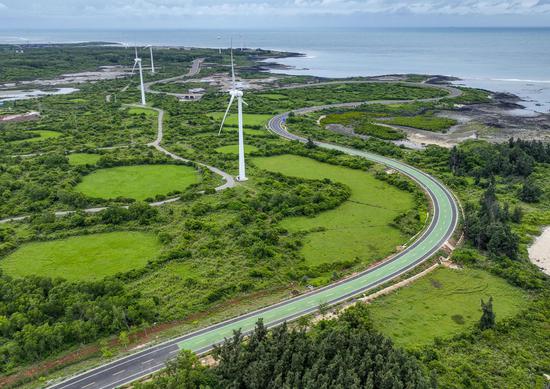
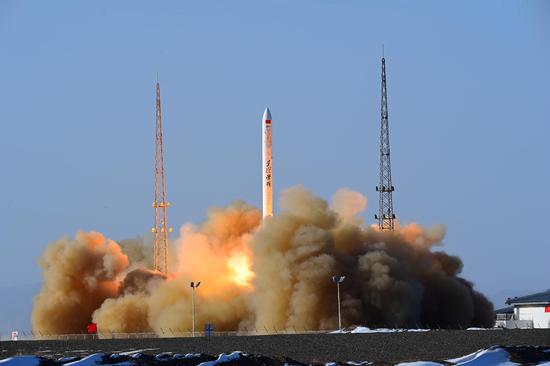
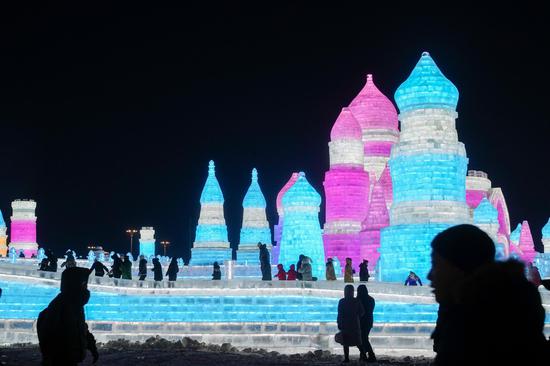
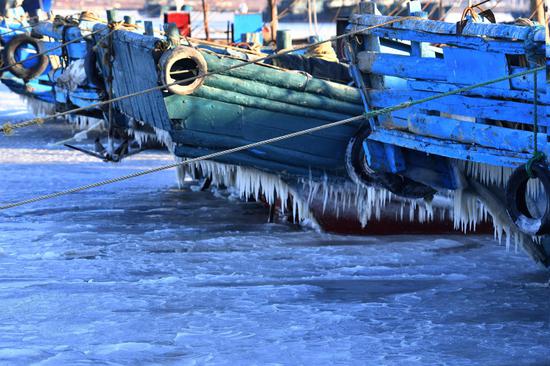


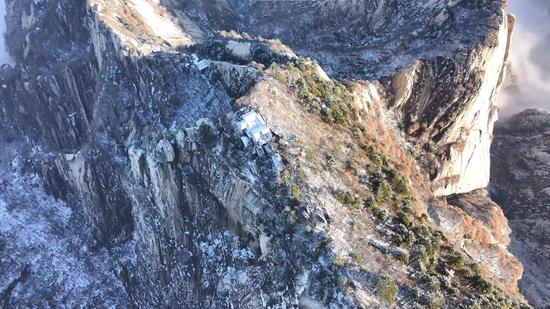

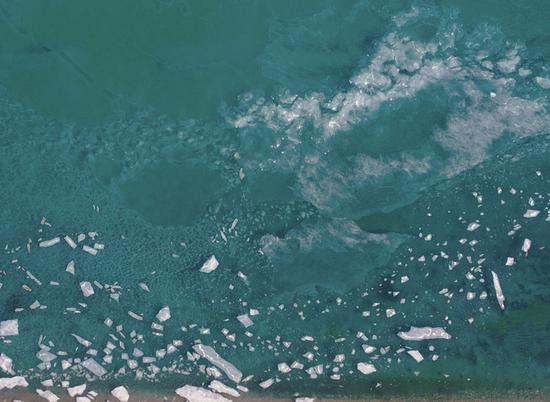

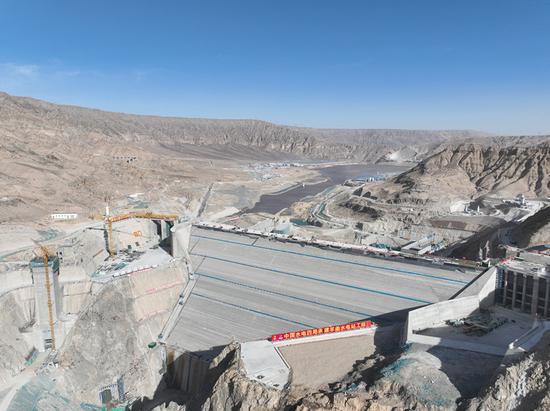





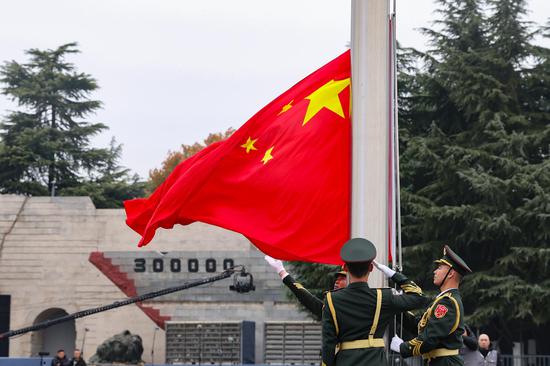

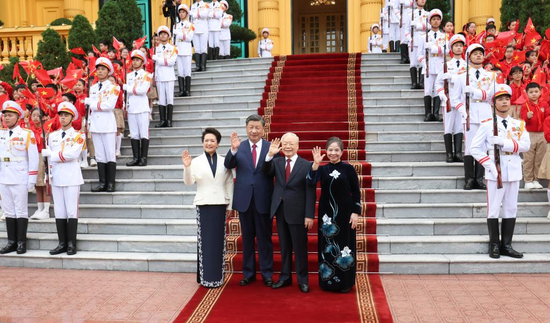

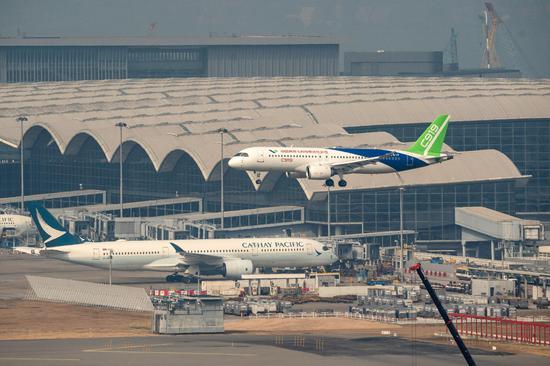


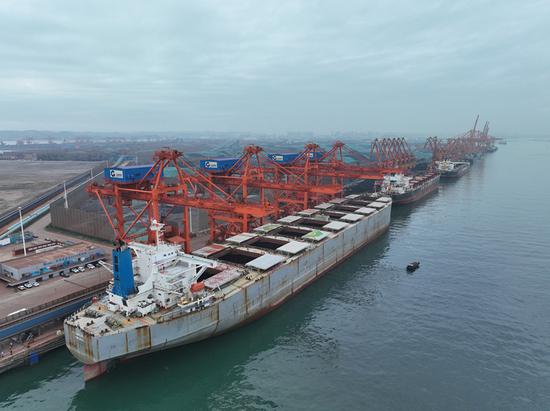
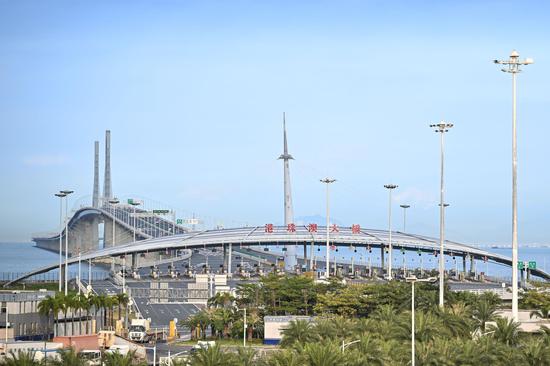



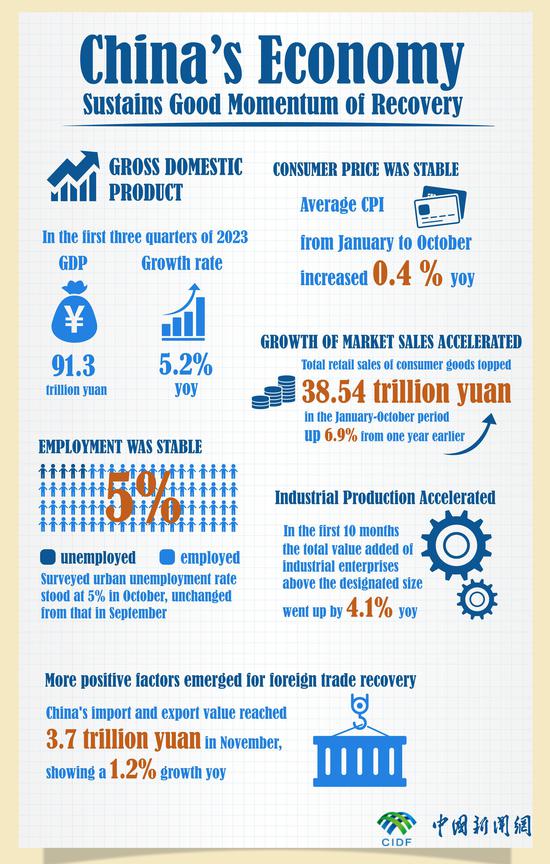

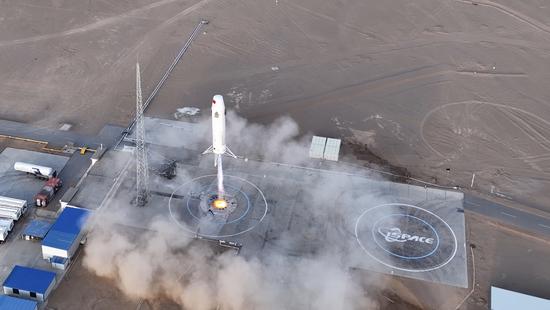

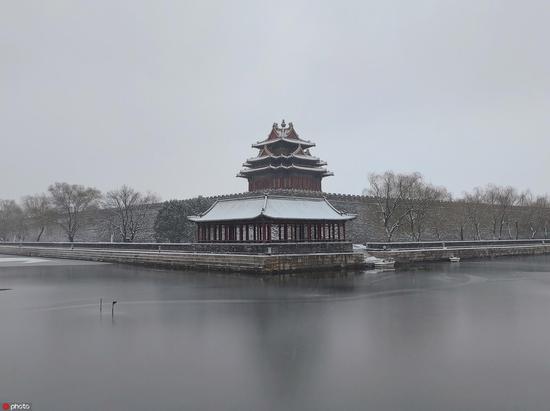
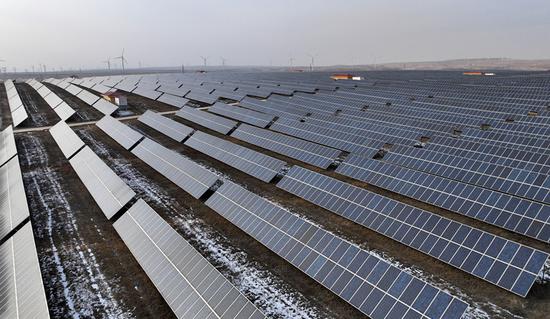





 京公网安备 11010202009201号
京公网安备 11010202009201号